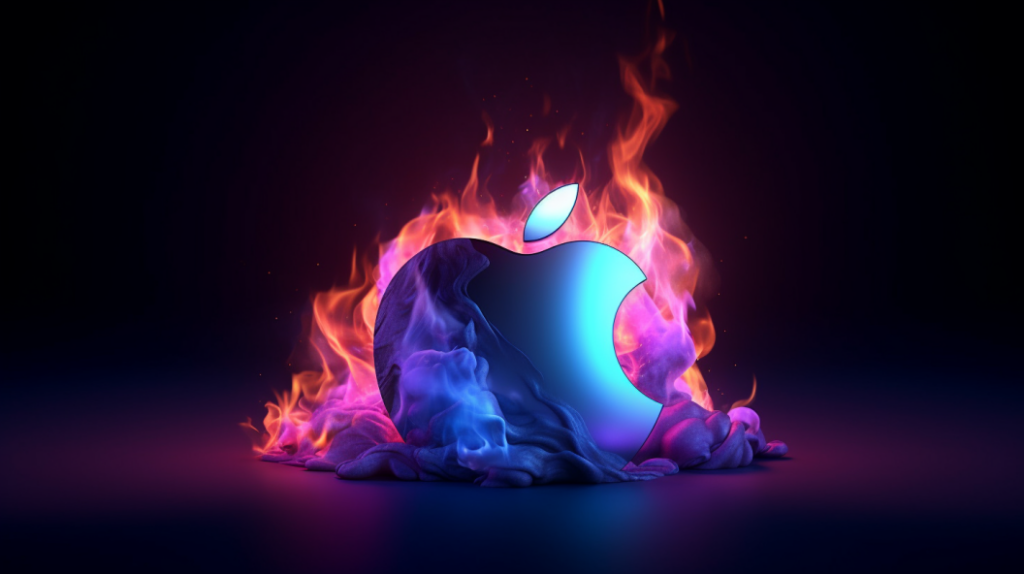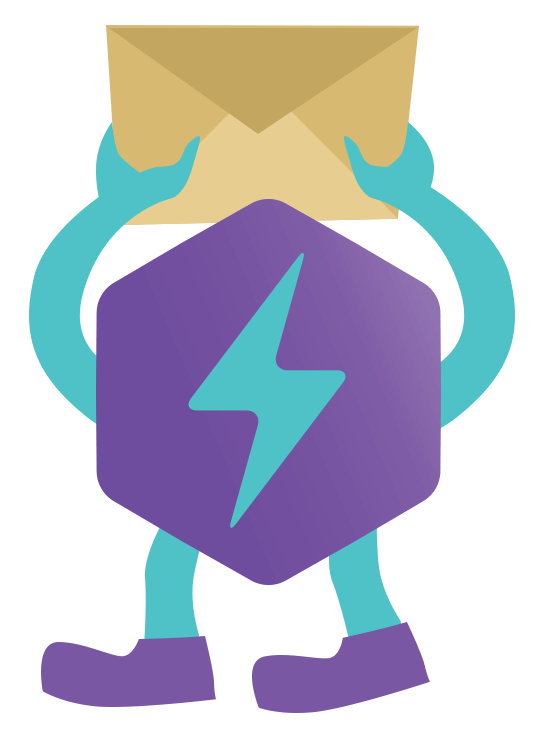Apple, the tech powerhouse renowned for its uncompromising App Store regulations, now finds itself in the midst of a heated antitrust lawsuit tied to the world of cryptocurrencies. But that’s not all—Google, another tech giant, is also in the mix, making significant policy adjustments related to Non-Fungible Tokens (NFTs). In this blog post, we will dissect Apple and Google’s contrasting approaches to NFTs and explore how these policy changes affect developers and users in the realm of NFTs and crypto.
TL;DR:
- Apple faces an antitrust lawsuit for alleged efforts to block crypto integration in iOS payment apps.
- Both Apple and Google have updated their NFT policies, allowing developers to integrate digital assets.
- We compare the NFT policies of Apple and Google Play, examining their implications for developers and users.
- Developers now have opportunities to leverage NFTs, but they must navigate platform-specific challenges.
- The future of NFT integration in mobile apps depends on striking the right balance between user experience, monetization, and compliance.
Apple’s Antitrust Battle and Crypto Integration
Apple’s ongoing antitrust lawsuit stemming from alleged efforts to hinder cryptocurrency integration in iOS payment apps has brought the tech giant under the spotlight. The lawsuit accuses Apple of using its gatekeeper control over the App Store and iOS platform to pressure apps like Venmo and Cash App into agreements that restrict decentralized crypto capabilities. These actions, the plaintiffs claim, allow Apple to maintain inflated fees and stifle innovation that could challenge its commissions on in-app transactions. The lawsuit seeks damages for alleged overcharging and an injunction to prevent Apple from enforcing restrictions on crypto tools in payment apps. The outcome of this legal battle could have far-reaching consequences for the cryptocurrency community and app developers.
What are Google Play and Apple’s App Store NFT Policies?
Google Play’s policy update in August 2023 allows developers to seamlessly integrate NFTs into their apps and games, emphasizing transparency in informing users about tokenized digital assets. The policy also restricts developers from promoting potential earnings from NFT-related activities to protect users from misleading marketing tactics.
In contrast, Apple’s approach to NFT integration is more controlled. Apps are allowed to list, mint, transfer, and display existing NFTs, but the ownership of NFTs cannot unlock additional features within the app. Furthermore, apps cannot display external links, buttons, or calls to action for purchasing NFTs, ensuring that Apple retains control over in-app transactions and revenue.
Related: Microsoft’s Leak Hints at Crypto Xbox Integration!
Impact on Developers and Users in the NFT Ecosystem
These policy changes have significant implications for both developers and users within the NFT ecosystem. Developers now have opportunities to leverage NFTs to create more immersive and engaging user experiences. By integrating user-owned content and offering unique NFT rewards, apps and games can cater to the growing demand for personalized and interactive experiences.
However, developers also face challenges in creating fair experiences that incorporate NFTs. With the emphasis shifting from profit-driven incentives to highlighting the intrinsic value of NFTs, developers must strike a balance between monetization and user satisfaction.
From a user’s perspective, the policies set by Apple may introduce additional steps and barriers to utilizing existing NFTs. In contrast, Google Play’s approach allows for a more seamless interaction with NFTs within apps, providing users with integrated and accessible experiences.
Related: Instagram Head Shares His Bullish Outlook on NFTs
Hurdles and Solutions in Navigating NFT Rules
Developers on Google Play must address the challenge of creating balanced and fair gameplay experiences for users engaging with NFTs. The evolving web3 space demands a focus on the intrinsic value of NFTs rather than exaggerated profit potential. Additionally, developers must ensure compliance with the evolving policies and guidelines of both Google Play and Apple.
Developers creating apps for Apple’s platform face the unique challenge of designing environments where NFT transactions are limited to Apple’s payment system. While this exclusivity guarantees security and user experience within the Apple ecosystem, developers must communicate these limitations clearly to users and adhere to Apple’s guidelines on in-app transactions.
Related: Disney Doubles Down on NFTs with Pinnacle Platform
The Future of NFT Integration in Mobile Apps
The recent policy changes indicate a growing interest from major app stores in the NFT space. These changes are reshaping the mobile app ecosystem, attracting more games and apps into mobile app stores. The distribution and user acquisition capabilities of these platforms make them highly influential in the world of web3.
As the NFT market continues to expand, the future of NFT integration in mobile apps will depend on how platforms strike the balance between user experience, monetization, and compliance. Developers will play a pivotal role in shaping this future by creating innovative and captivating experiences for users, all while navigating the evolving policies and regulations surrounding NFTs. Collaboration and adaptation will be essential in this competitive and rapidly evolving landscape.
Conclusion:
As the worlds of crypto, NFTs, and mobile apps continue to intersect, developers and users find themselves navigating a rapidly evolving landscape. Apple’s antitrust lawsuit and the updates to NFT policies on Google Play and the App Store present both challenges and opportunities. Striking the right balance between user experience, monetization, and regulatory compliance will be crucial for the success of NFT integration in mobile apps. By understanding and adapting to the changing rules, developers can leverage NFTs to create innovative and captivating experiences in the dynamic web3 industry.
While the policies of major app stores like Google Play and Apple’s App Store evolve, NFTpay remains dedicated to providing a seamless and inclusive NFT experience. We not only look forward to, but are building a future where NFTs are as easy to acquire as any other asset, and are excited to be at the forefront of this transformative journey.
Source: Yahoo, Blockchain Gamer
Suggested for you: How To Increase NFT Sales By 35% With NFTpay










